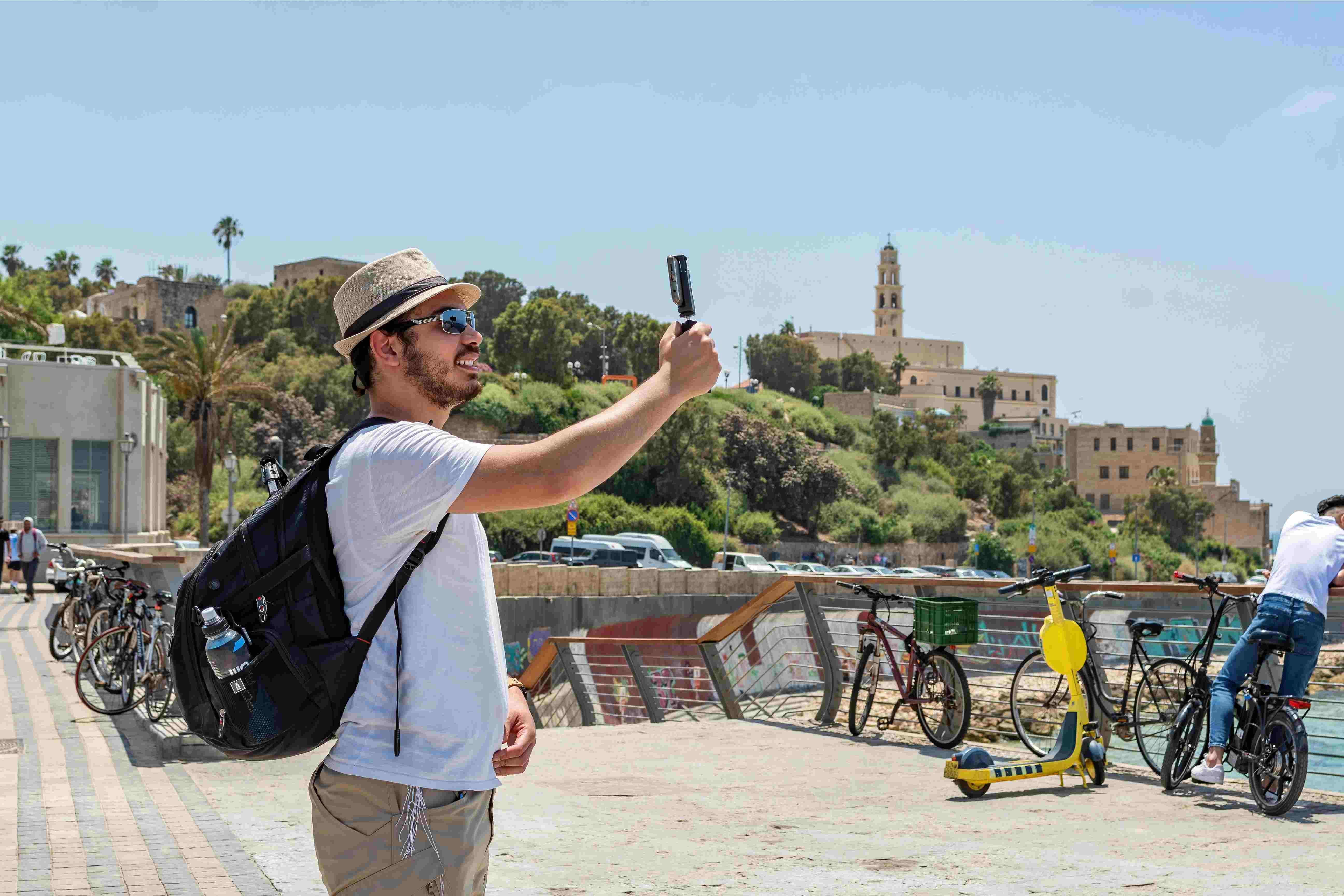As a travel blogger, creating captivating content is essential, but getting your content in front of the right audience is even more crucial. Search Engine Optimization (SEO) is the tool that helps travel bloggers increase visibility, grow readership, and establish their influence in the competitive world of travel blogging. With the right SEO strategies, you can attract more readers, generate organic traffic, and even open doors to partnerships with brands and tourism boards.
This comprehensive guide will explore actionable SEO tips and the latest SEO trends specifically for travel bloggers. Let’s dive into how you can use SEO to elevate your travel blog.
Table of Contents
- Why SEO is Essential for Travel Bloggers
- Actionable SEO Tips for Travel Bloggers
- Latest SEO Trends for Travel Bloggers
- Conclusion
- About Don Hesh SEO
Why SEO is Essential for Travel Bloggers
In a saturated market where thousands of travel blogs compete for readers’ attention, SEO is your competitive edge. SEO is essential for travel bloggers because:
- Increased visibility: SEO helps your blog appear higher in search engine results, making it easier for readers to find your content when searching for travel tips, destinations, or advice.
- Organic traffic growth: By ranking well in search engines, you can attract a consistent stream of organic visitors who are genuinely interested in your niche.
- Monetization opportunities: SEO can also open the door to monetization opportunities through brand partnerships, affiliate marketing, and sponsored content as you build your authority.
Actionable SEO Tips for Travel Bloggers
1. Perform Thorough Keyword Research
Effective keyword research is the foundation of a successful SEO strategy for travel bloggers. Keywords are the terms and phrases people use to find content related to travel, and by targeting the right ones, you can increase your blog’s discoverability.
- Use tools like Google Keyword Planner and Ubersuggest: These tools help you identify popular search terms and long-tail keywords that your audience is using.
- Focus on niche keywords: Instead of targeting broad terms like “travel tips,” go for more specific ones like “budget travel tips for Southeast Asia” or “best road trips in Australia.”
- Research your competitors: See what keywords top travel bloggers in your niche are ranking for, and identify opportunities where you can compete.
2. Create High-Quality, Engaging Content
Once you have your keywords, creating high-quality, engaging content is crucial to rank well in search engines. Your content should resonate with your audience and provide real value, whether it’s in the form of travel guides, personal experiences, or tips.
- Write in-depth, informative posts: Longer, detailed blog posts (1,500+ words) tend to rank better because they offer comprehensive answers to readers’ questions.
- Tell compelling stories: Readers love personal travel experiences, so don’t hesitate to inject storytelling into your blog posts.
- Update old content: Refresh older blog posts with new information, updated keywords, and better images to improve their rankings.
3. Optimize Your Blog Posts for Search Engines
Optimizing each blog post for search engines can significantly improve your chances of ranking on the first page of Google.
- Title and meta descriptions: Include your primary keyword in your blog post title and meta description, ensuring they are catchy and informative.
- Use headings strategically: Break your content into sections using H2 and H3 headings that include keywords.
- Internal and external linking: Link to other relevant blog posts on your site (internal links) and high-authority websites (external links). This improves user experience and helps search engines understand your blog’s structure.
4. Focus on Local SEO and Destination Keywords
Travel blogs often focus on specific destinations, and local SEO can be a game-changer when targeting travelers interested in those locations.
- Incorporate location-based keywords: If you’re writing about a specific destination, use keywords like “best things to do in [destination]” or “affordable hotels in [city].”
- Create location-specific landing pages: If you focus on multiple destinations, create separate landing pages or blog categories for each destination to optimize for local SEO.
5. Build Quality Backlinks to Boost Authority
Backlinks, or links from other websites to your blog, are essential for building your site’s authority and improving your SEO.
- Guest post on travel-related blogs: Reach out to other travel bloggers or travel publications and offer to write guest posts with a link back to your blog.
- Collaborate with influencers and travel brands: Partner with travel brands or influencers who can feature your blog in their content, offering valuable backlinks in the process.
- Create link-worthy content: High-quality, informative, or unique content (like travel guides or destination reviews) is more likely to be shared and linked to by others.
Latest SEO Trends for Travel Bloggers
1. Embrace Visual Search Optimization
With the rise of platforms like Google Lens and Pinterest, visual search is becoming increasingly important. As travel bloggers rely heavily on visuals like photos and videos, optimizing your images for search is crucial.
- Optimize image alt text: Use relevant keywords in your image alt text to help search engines understand what your images depict.
- Use high-quality, engaging visuals: High-quality images attract readers and encourage sharing, which can lead to backlinks and improved rankings.
2. Focus on Mobile Optimization
More people are using mobile devices to search for travel-related content than ever before. A mobile-friendly website is essential for SEO success in 2024.
- Ensure your site is responsive: Your website should look great and function well on all devices.
- Improve loading speed: Mobile users expect fast-loading websites. Compress images, use a content delivery network (CDN), and optimize your site’s speed for mobile performance.
3. Leverage Long-Tail Keywords
Long-tail keywords are phrases that are longer and more specific, often indicating a user’s intent more clearly. For travel bloggers, targeting long-tail keywords like “family-friendly resorts in Bali” or “best solo travel tips for beginners” can help attract a more targeted audience.
- Target questions and phrases: Many users search for answers to specific questions, so target long-tail keywords that address these, such as “how to travel on a budget in Europe” or “best hiking spots in New Zealand.”
- Write detailed answers to common travel questions: This will help you rank for voice searches and attract more niche search traffic.
Conclusion
For travel bloggers aiming to grow their readership and influence, SEO is an indispensable tool. By performing thorough keyword research, creating high-quality content, optimizing blog posts, focusing on local SEO, and building backlinks, you can elevate your blog’s visibility and drive organic traffic. Keeping up with the latest SEO trends, such as visual search optimization and mobile-first indexing, will ensure that your travel blog continues to thrive in the digital landscape.
About Don Hesh SEO
Don Hesh SEO is a leading SEO consultant and Google Ads consultant dedicated to helping businesses enhance their online presence and drive organic traffic. Our expertise in AI-driven SEO strategies ensures that your business stays ahead of the competition. Partner with SEO Sydney to leverage the latest AI technologies and achieve your SEO goals efficiently and effectively.



